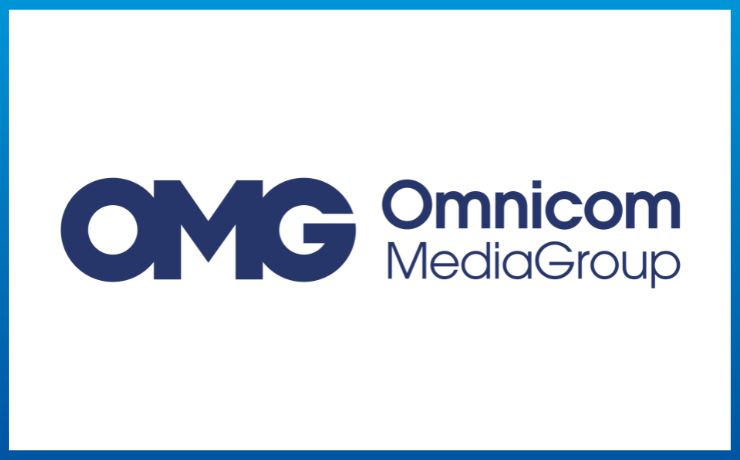But if the merger succeeds, Omnicom and Interpublic will be the biggest ad agency in the world. Their combined sales will exceed 25 billion US dollars and collectively they will be the biggest advertisers in advertising in the global market.
At the end of last week, one of the worldwide biggest advertising companies Omnicom Group announced the purchase by their company of Interpublic Group, one of the biggest advertisement players in the market. The model is the brainchild of Omnicom, as a design to reclaim a specialty for itself in advertising, its own biggest competitor.
After completion of the all-stock merger, Omnicom will seize the largest advertising company in the world. This gigantic corporation has the potential to have hundreds of thousands of workers around the world in labor and generate over 25 billion USD per year in revenue.
Advertising has undergone a major transformation in the last few years and as a consequence digital advertising has become the mainstay of traditional media. Such companies (Meta and Alphabet, the parent companies of Facebook and Google) have extended their reach into domains they previously governed, through the parent companies of Facebook (Meta) and Google (Alphabet). Until then, the consulting firm Accenture has already jumped into the fray having acquired many creative agencies and associated businesses. In this changing world, Omnicom is facing fundamental upheaval in order to sustain its leadership in the market.
The so called “Big Four” advertising clubs—Omnicom, Interpublic, WPP and Publicis—have evolved into leading digital technology companies in order to maintain their position in the market. A portion of that shift came about through deliberate acquisitions, which allowed the companies to respond to the ever-changing demands of the digital-world, and thus to compete to continue to flourish.
Having CEO of Omnicom, John Wren hawked the idea of buying Interpublic. He described the consequences of this view with respect to the power of technologies which are currently available and already present in the context of accelerating change.
Omnicom has announced a significant transaction that will aim for completion by the conclusion of 2025. At the tail end, 60% of the equity of the newly formed company will be held by Omnicom’s equity holders and by Interpublic’s equity holders, respectively, of 40%. According to Omnicom executives, the combination is projected to produce $750 million cost savings annually through strategically generated efficiencies. The new combined organization will sell itself under the “Omnicom” brand and represent a paradigm change in the advertising world.
Omnicom continues to gain on Interpublic, its main public domain rival, whose fortunes have not been so good in the recent past. There, on the heels of major clients Verizon and BMW, 2023 will be a revenue of 2022. For 2024 the company forecasts minor growth (1% and which has been established as the competitive edge of Omnicom on the advertising market).
Omnicom has taken the step of divesting some of its less successful agencies, like Huge and R/GA, both of which were famous for their work in the technology world. Interpublic has recently gone out of business Big to a private equity firm, work however, has never been publicly disclosed about what happened to R/GA. For these impaired groups, the company disclosed $232 million of impairment loss in its most recent quarterly results in response to continued challenges affecting these groups.
The Omnicom deal could face increased regulatory scrutiny. The incoming President–elect Donald J. Trump further implies that his own negotiation style may be less doctrinaire than the present one, which has been relentlessly opposing big mergers. But as Gail Slater took over at Justice Department’s antitrust section, it looks as if Trump is adhering to the hard line against mergers of the tech industry started by the Biden administration.
Read More on PVS TIME
